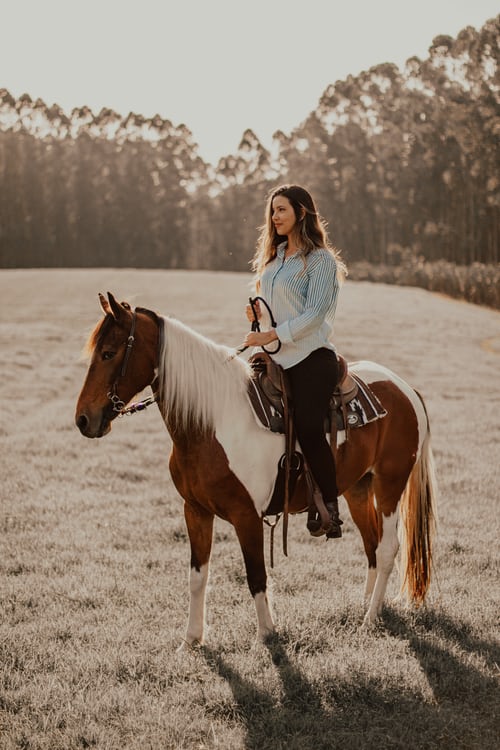Regardless of whether a horse is kept for leisure, sport, or work, their health should be managed properly to ensure that they live a long and happy life. Horses are notoriously fragile animals, despite their strength, and even a small injury can be life threatening. A horse owner should know the signs and tells of common horse ailments in their early stages so that medical attention can be sought before the problem gets too severe. Many issues can be diagnosed by the horse’s behaviour and feeding habits if one is trained to notice them.
Changes in Activity
Different horses have varying responses to pain and illness. Some may become lethargic and inactive, while other may become irritable or frustrated. This can also be reflected in whether the horse is lying down more often or refusing to walk or move. This is usually indicative of an injury in the legs or hooves which causes them pain while walking. If the horse has particularly sensitive feet, protection equipment such as bell boots may be used. Otherwise, a closer look is required for conclusive diagnosis. If the legs are swollen, it is indicative of an infection due to injury but if all the legs are swollen the infection may be viral or bacterial in nature.

Change in the horse’s feeding patterns and amounts may also be indicative of stress or other ailments. Horses should also regularly hydrate. If the horse is not drinking, or refuses to drink, ensure that the water supply is suitable to drink (clean, right temperature etc.). Low water intake can lead to other problems such as overheating and dehydration during work. Make sure the horse is getting enough nutrition and contact a veterinarian for assistance.
Physical indications
Similar to the above, change in consistency and amount of the horse’s manure is another indicator. Liquid manure stains on the tail and unusually passing of gas may be indicators of intestinal problems.
A horse’s breathing patterns should be consistent. Rapid breathing may indicate stress, overheating, or a problem in the lungs. The breathing of the horse that has just finished working should return to normal by about ten minutes.
Ensure Good Health
Horses do not enjoy being confined to a small area and may develop physical issues or stress due to this. Whenever possible, they should be exercised regularly and given freedom to graze and move. If you own multiple horses, allow them to socialise, as this can have a positive impact on their mental health. These also solve another problem horses encounter – boredom. Bored horses are unhappy and can develop various unhealthy habits. Allowing them to move around, graze, and socialise greatly alleviates boredom.

Do note that farriers are not necessarily trained to work with sick or injured horses. If you suspect a horse is ill, contact a veterinarian to confirm. The farrier may transfer any contagious diseases to any of their subsequent charges by working on a sick horse unknowingly, and the horse might undergo undue distress due to being sick or injured while being worked on.

Be the first to comment on "Horse Health pointers to look out for"